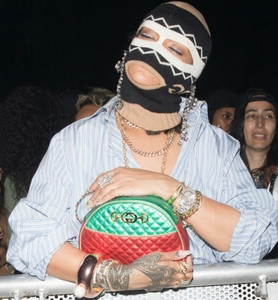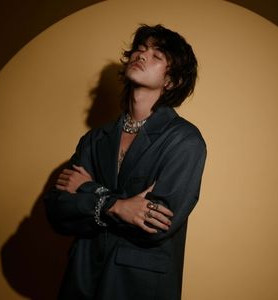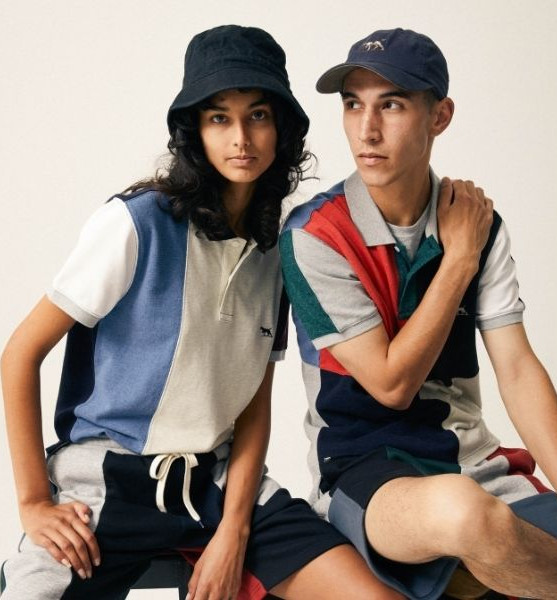How Maggie Marilyn is pioneering ethical fashion in New Zealand
Latest clothing purchase not sitting well? For many consumers in 2018, post-purchase guilt increasingly results, not from blowing the budget, but from concerns about the ethics and sustainability of the brands they are buying. But knowing where to look for guilt-free clothing isn’t always easy. The release of Tearfund’s Ethical Fashion Guide earlier this year left many reeling from the realisation that a number of their favourite labels weren’t meeting the mark. Amongst all the confusion, there is an Auckland-based designer pioneering the way we view ethical fashion in New Zealand and around the globe: enter Maggie Marilyn.
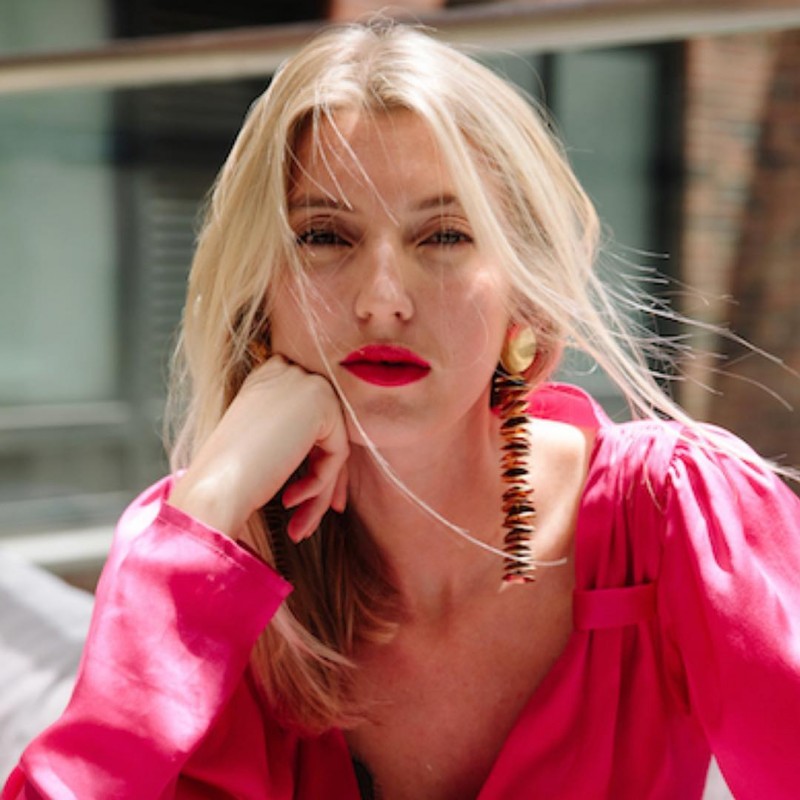
Owned and designed by twenty-four-year-old Maggie Marilyn, the local label is young and unashamedly optimistic about the future of fashion. If you’re already familiar, it’s because Maggie has already generated a huge amount of buzz for her label, despite having only launched two years ago. Her first collection was sold exclusively through online fashion giant Net-A-Porter, and the label has since continued to morph in keeping with the wants and needs of the modern working woman. Now, Maggie is set to release her sixth season – with 75 retail stockists worldwide, an ever-growing fan base, and an unparalleled determination to educate consumers into making sustainable buying decisions.
Each of the five collections released so far carves out ‘new rules of modernity’ for women having to negotiate the current world. Think bold silhouettes sculpted out of bright hues alongside timeless drapery and opulent fabrics. In many ways, the clothing is a visual manifestation of what owner and designer Maggie refers to as 'the power of possibility.'
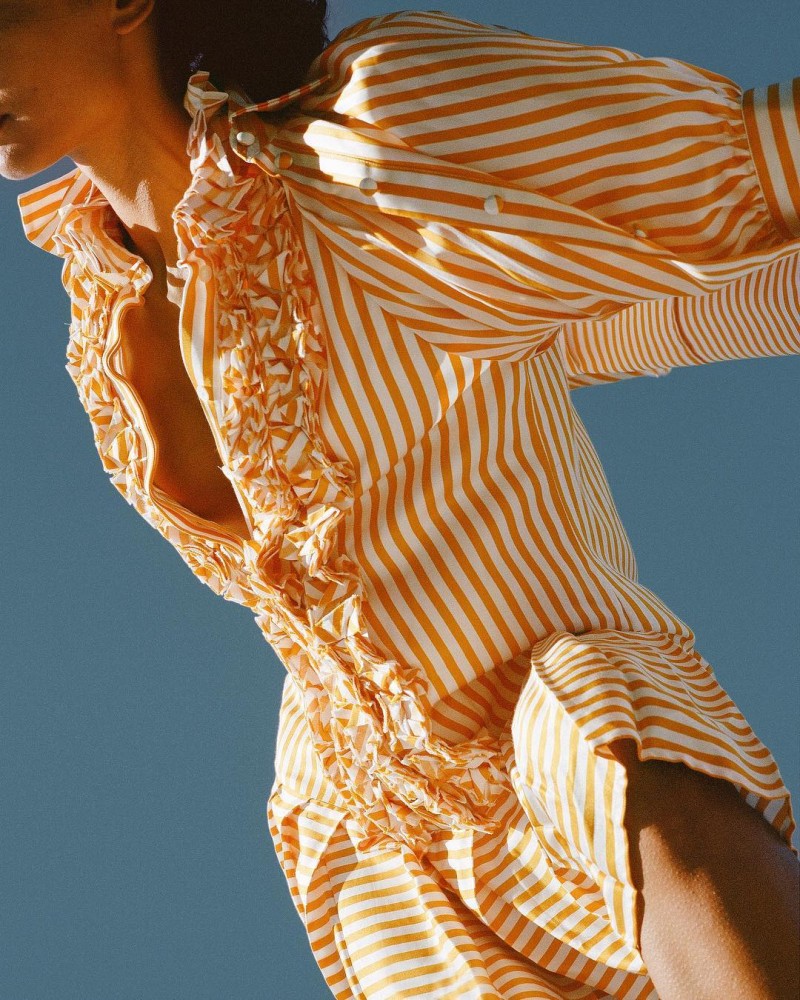
In tune with a new generation of consumers, Maggie is enthusiastic and excited about a more positive direction for the industry. ‘Why can’t you be a global brand that’s based in NZ, run by a 24-year-old?’, she asks. ‘Why can’t you be an ethical and sustainable brand, but also be profitable, and reinvest those profits in your community?’ Maggie is undoubtedly a role model for young women, having proven that she is capable of building a successful clothing label while also staying true to her morals.
All of the fabrics from the latest collection are environmentally friendly and sourced from suppliers that benefit their local communities. The silk that gives so many of the pieces their luxurious quality is organically grown and sourced from a mill in Shanghai, which pays its workers living wage. To the list of guilt-free fabrics making up the Maggie Marilyn arsenal, you can also add cotton, wool, and linen. Whereas cotton production typically causes severe environmental degradation, the organic cotton used by the label is grown without GMO seeds, synthetic fertilizers, pesticides or herbicides. This alternative, Maggie explains, ‘doesn’t damage the soil, has less impact on the air, and uses 71% less water and 62% less energy than conventional cotton.’ Linen was an obvious staple for the label to use. Not only does it form the basis of a tonne of timeless, trans-seasonal pieces, it is also a conventionally durable fabric made from natural flax fibres. The same could be said of the organic New Zealand merino wool that the Maggie Marilyn collection is woven from. When the label does foray into non-organic fabrics such as satin, they are recycled and GRS (Global Recycled Standard) certified.
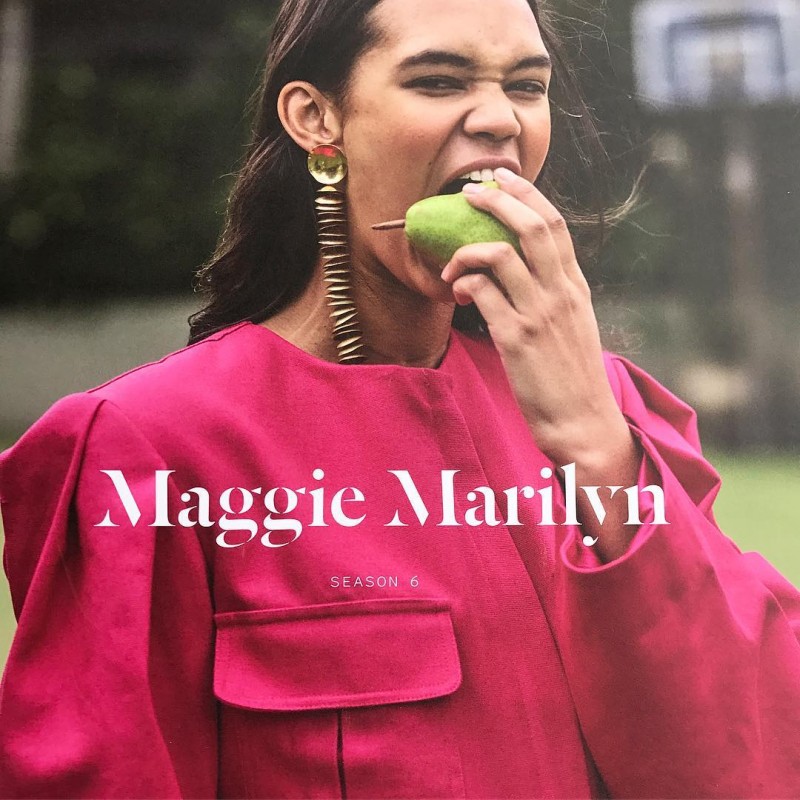
Despite all the jet-setting to search out the best sustainable materials, rest assured Maggie Marilyn is true to its roots. Each piece is made and manufactured in New Zealand, providing important business to numerous local suppliers. Blowing winds into the sails of a dwindling manufacturing industry ‘is so much more rewarding’, Maggie writes, ‘than shipping my designs off-shore for manufacturing and having no idea about the families or the lives of the people who make our garments.’
Considering the label’s success, it is safe to say that Maggie Marilyn has been hugely influential in carving out a more conscious approach to fashion and consumption. With a trifecta of sustainable materials, ethical working practices, and a commitment to New Zealand made, the local label points towards a future in which the terms ‘ethical’ and ‘sustainable’ are no longer mutually exclusive.



